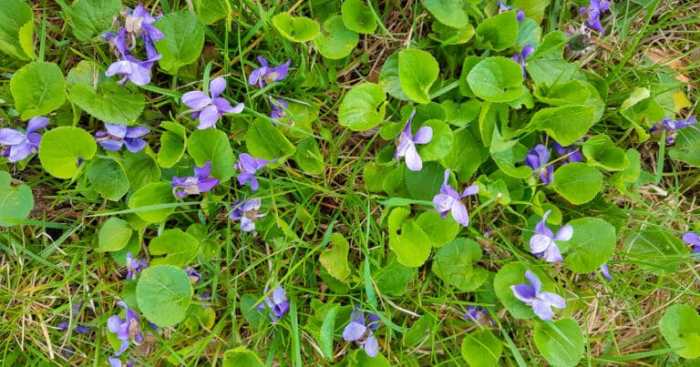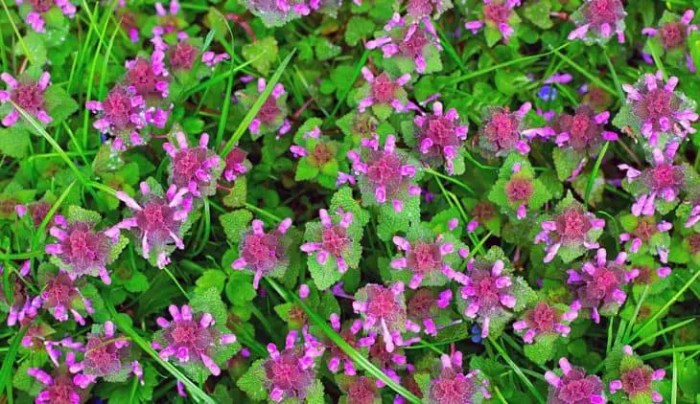En colombia weeds se dice hierbajos – En Colombia, weeds are known as “hierbajos,” a term that encapsulates their cultural significance and widespread use. This article delves into the etymology, types, medicinal applications, agricultural impact, and cultural significance of hierbajos in Colombia.
Etymology and Usage

The term “hierbajos” is derived from the Spanish word “hierba”, meaning “herb”. In Colombia, it has evolved to encompass a wide range of plant species, including weeds, medicinal plants, and ornamental plants.
Hierbajos are deeply ingrained in Colombian culture, with their usage extending to everyday speech, literature, and traditional healing practices. They are often used to refer to plants that are considered common or widespread, and can have both positive and negative connotations.
Examples of the use of “hierbajos” in everyday speech include phrases like “estar hecho un hierbajo” (to be very thin or weak) and “no ser más que un hierbajo” (to be insignificant or worthless). In literature, hierbajos are often used to create a sense of place and evoke the natural environment.
Types of Hierbajos

The category of “hierbajos” in Colombia encompasses a diverse range of plant species, each with its own unique characteristics and uses.
Some of the most common types of hierbajos include:
- Pasto (Cynodon dactylon) : A low-growing, perennial grass that is commonly found in lawns and fields.
- Yerbabuena (Mentha spicata) : An aromatic herb that is used in traditional medicine and cooking.
- Ortiga (Urtica dioica) : A stinging nettle that is used for medicinal purposes and as a source of fiber.
- Verbena (Verbena officinalis) : A flowering plant that is used in traditional medicine and for ornamental purposes.
Hierbajos in Traditional Medicine
Hierbajos play a significant role in traditional Colombian healing practices, where they are used to treat a wide range of common ailments and conditions.
Some of the most common uses of hierbajos in traditional medicine include:
- Yerbabuenais used to treat digestive problems, headaches, and stress.
- Ortigais used to treat skin conditions, allergies, and anemia.
- Verbenais used to treat colds, flu, and anxiety.
The use of hierbajos in traditional medicine is based on centuries of experience and cultural beliefs. Many hierbajos are believed to have healing properties, and are often used in conjunction with other natural remedies.
Hierbajos in Agriculture: En Colombia Weeds Se Dice Hierbajos
Hierbajos can have a significant impact on agricultural practices in Colombia, both positive and negative.
Some hierbajos, such as pasto, can be beneficial to farmers as they provide ground cover and help to suppress erosion. Other hierbajos, such as ortiga, can be detrimental to crops as they compete for nutrients and water.
Farmers use a variety of methods to control or utilize hierbajos in their fields, including:
- Mowing or cutting: This is a common method of controlling hierbajos, especially in lawns and fields.
- Herbicides: Herbicides can be used to kill hierbajos, but they must be used carefully to avoid harming crops or the environment.
- Crop rotation: Crop rotation can help to prevent the buildup of hierbajos by planting different crops in the same field each year.
Cultural Significance of Hierbajos

Beyond their medicinal and agricultural uses, hierbajos also hold cultural significance in Colombia.
They are often associated with traditional folklore and mythology, and are believed to have supernatural powers. For example, yerbabuena is said to be a protective plant that can ward off evil spirits.
Hierbajos are also incorporated into art, music, and literature. For example, the Colombian poet Jorge Isaacs wrote a famous poem about a hierbajo called “La flor del guayacán”.
Essential Questionnaire
What is the origin of the term “hierbajos”?
The term “hierbajos” originates from the Spanish word “hierba,” meaning “herb.” In Colombia, it has evolved to refer specifically to weeds.
How are hierbajos used in traditional Colombian medicine?
Hierbajos are widely used in traditional Colombian medicine to treat various ailments, such as digestive issues, respiratory problems, and skin conditions.
What impact do hierbajos have on agriculture in Colombia?
Hierbajos can both benefit and harm agricultural practices. They can provide ground cover, reduce erosion, and attract beneficial insects, but they can also compete with crops for nutrients and water.